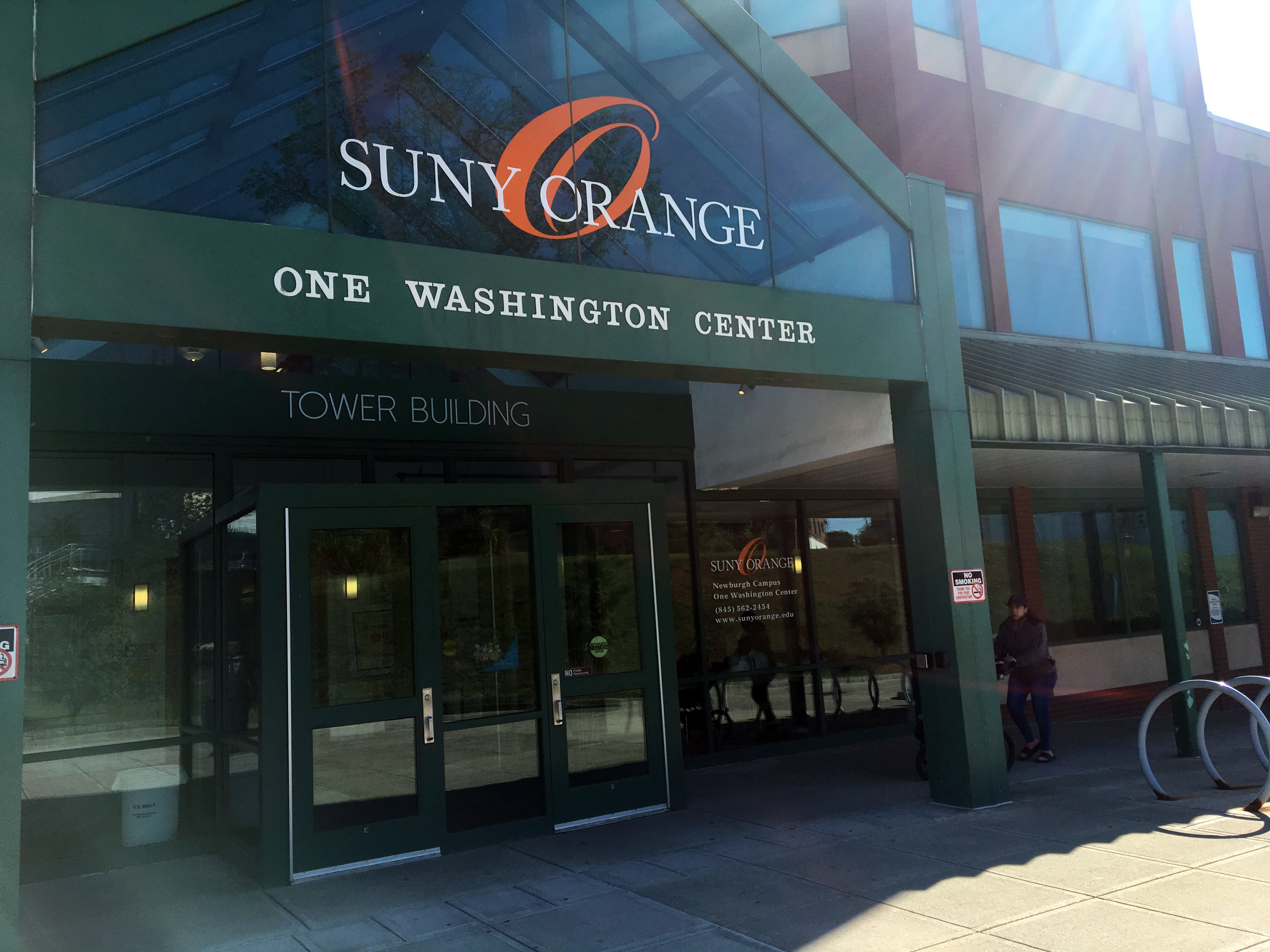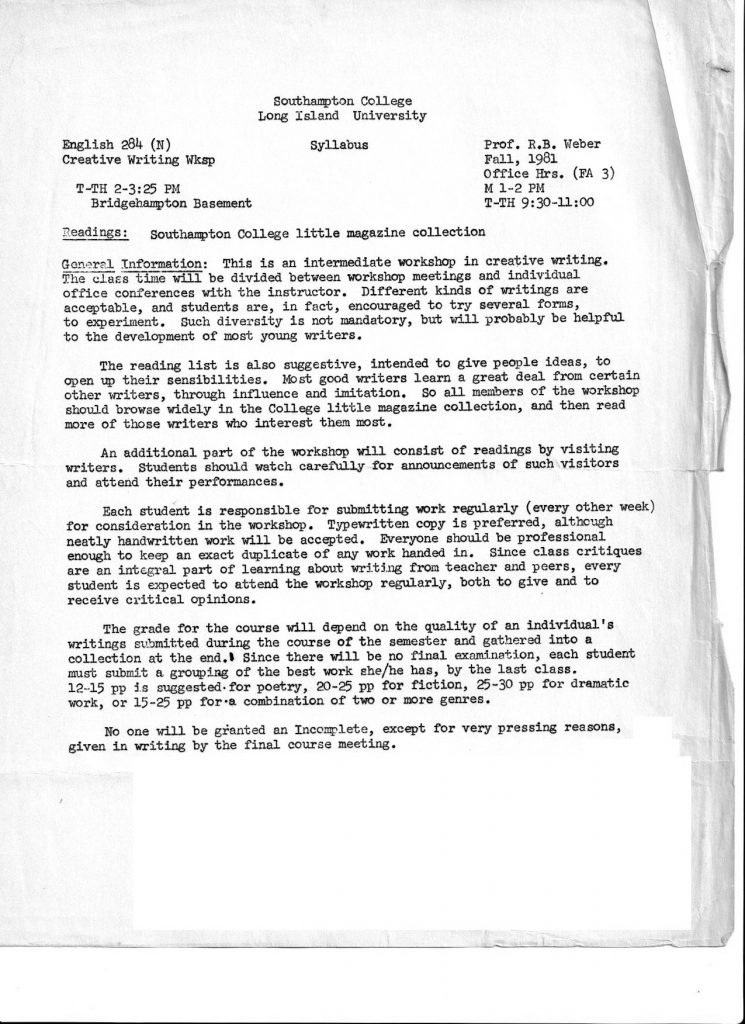By Darren Johnson
Campus News
I saw an insightful meme – yes, sometimes a meme can be insightful!
It said something like, “During this crisis, look around you. Look at who’s working. THAT’S what you should be majoring in.”
While it’s not as simple as that – surely an English major like I was or a History or Philosophy major could find a way to make ourselves useful (look at Gov. Andrew Cuomo’s list of “essential” businesses and personnel for ideas) – it does speak to what the students of tomorrow may want to major in.
So I think certain colleges will prosper after we’re all allowed to go back into campus buildings.
Here are the contenders:
Community colleges and other commuter-friendly, affordable colleges. One student at a prestigious four-year college posted online: “We paid for an Ivy League education and we got University of Phoenix.” A bit rough, but I get the sentiment. Paying $50,000 a year or more for a college that may just end up online anyway is not a great deal. But community colleges are close to home already, the credits transfer, and the cost is usually $5000 or less – with generous aid available. Often, community college is virtually free. And if classes suddenly have to transition to online again, such schools are used to being flexible. And if it’s a local school, it’s easier for them to get laptops and tablets to students who don’t have them. I’m already hearing that summer enrollment numbers are looking promising at the community colleges near me.

Schools that trained “hybrid” instructors. For awhile, I taught at a college that highly encouraged every instructor to teach at least one credit from every course online. When this crisis happened, it was easy for these trained instructors to quickly move their other credits into an online module. At other schools, the transition was clunky.
Schools with “practical” majors. Again, I am not disparaging my fellow arts and humanities majors, but kids have parents, right? And these parents have a lot of influence as to which college a student will eventually choose. It will ease parents’ minds to know their child may be taking a major that is crisis-proof, such as medical, cybersecurity, first-responder training, K-12 education, business (such as supply chain management and logistics) – even journalism was deemed “essential” by the government. True, the best arts and humanities students will still find careers, but they may want to double-major with a practical fallback.
Colleges that put learning foremost, not “the college experience.” Listen, I LOVED the college experience when I was a student – the sports and arts events – and the parties. Yeah, the parties. (Sigh.) But colleges can no longer sell that. What if we all get quarantined again? Colleges will have to market their world-class instructors foremost. And instructors will all need to be flexible, offering traditional and hybrid/online models.
As for the colleges themselves, they may want to train less technologically adept instructors over the summer. But they shouldn’t aspire to be the University of Phoenix. Nobody wants that.
Offer traditional classes, each with a hybrid element. A three-credit course may only meet for two hours a week instead of three, but that third hour will be online. If we have another crisis, that online module will already have been created and can then easily be expanded to three hours.
We should attempt to keep the “college experience” for students, until we can’t.
And that’s the last word … for now.
 Darren Johnson is a longtime college administrator and frequent instructor at two- and four-year colleges. He’s also publisher of this paper.
Darren Johnson is a longtime college administrator and frequent instructor at two- and four-year colleges. He’s also publisher of this paper.







Facebook Comments